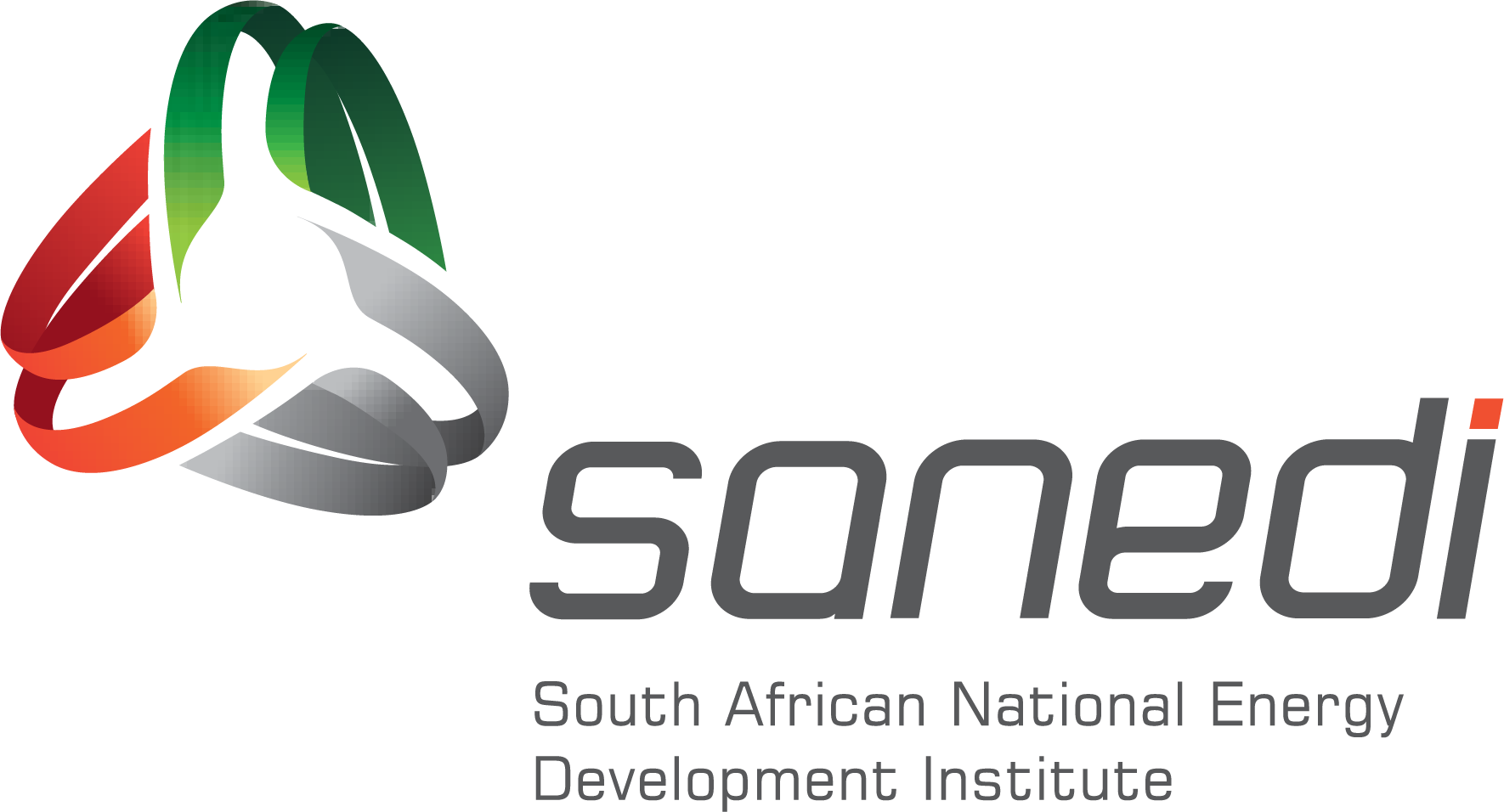South Africans have until 30 April 2021 to comment on the recently gazetted specifications for general service lamps. The specifications aim to improve the safety, performance and energy efficiency of lightbulbs approved for use in South Africa by phasing out inefficient and environmentally harmful lighting products. If passed, lighting products which do not meet the specifications would be removed from the market.
“For example, compact fluorescent lamps (CFLs) currently on the market would not meet the specifications; it is more likely that LEDs would become the preferred choice of lamp. Although CFLs are often known as ‘energy saving’ lamps, they contain mercury which can be harmful to humans and to the environment,” explains Ashanti Mogosetsi, Project Manager: Appliance Standards and Labelling Programme at the South African National Energy Development Institute (SANEDI). “However, if CFLs make a technological advancement and meet these specifications in the future, then they could be legally sold. The purpose of the specifications is not to ban any particular lighting products, but to mandate their safety and performance standards.” SANEDI believes the gazetted regulations, if passed, would be a milestone in the journey towards a more environmentally sustainable country.
On 1 March 2021, on the recommendation of the National Regulator for Compulsory Specifications (NRCS), the Department for Trade, Industry and Competition (DTIC) proposed compulsory specifications for Energy Efficiency and Functional Performance Requirements and Safety Requirements of general service lamps. Comment is invited for two months after the publication of these notices.
A necessary development
“Currently, South Africa makes wide use of old and outdated lighting technology, which is known to be far less energy efficient than modern lighting products such as LEDs. Further, these old lamps also contain elements which cause environmental degradation when discarded. Mercury is extremely harmful to the environment, and in turn harms the health of people living in those environments,” explains Mogosetsi. Mercury is the most concerning component of CFL bulbs. Everyone is exposed to some amount of mercury and high amounts of mercury can lead to long-term and sometimes permanent neurological and behavioural disorders.
In light of this, the UN Environment Programme created the Minamata Convention on Mercury in 2013. “The convention is a global treaty to protect human health and the environment from the adverse effects of mercury. The compulsory specifications show that South Africa is aligned to the goals of the UN and will hopefully have good news to share at UN Climate Change Conference – COP 26 due to be held in November this year,” says Mogosetsi. The COP 4 to the Minamata Convention will also be hosted in November 2021, where the Clean Lighting Coalition (CLiC) will submit votes to amend the exemption of lighting products containing mercury, now that alternatives without mercury exist.
An economic and environmental win-win
A cost-benefit analysis by Nova Economics on the proposed specifications show that while the environment is set to benefit from new regulations, South Africa’s economy is sure to see benefits, too.
The net economic benefit is expected to amount to R11,7 billion over 15-years; with a benefit-cost ratio of 27.4 to one. “This means that the present value of the benefits is more than 27 times the present value of the costs of introducing and enforcing the regulation,” explains Mogosetsi. “Electricity cost savings that accrue to South African households once the specifications are introduced, account for most of the R11,7 billion benefit realised.”



